
Communicating online requires a much higher level of alertness and control over personal information than in real life. Any image, share or message can be exploited if there is a lack of vigilance and prevention skills. When detecting an account with unusual signs, it is necessary to immediately block it, keep evidence and report it to the platform or authorities.
Don't add or reply to messages from strangers or people you don't know in real life. If you receive a friend request, make sure it's from someone you know, like a classmate or family member, before accepting.
Don’t share your physical location, home address, school address, or daily schedule with anyone you’ve never met. If someone starts off with exaggerated compliments, promises of love, or “easy money,” stop and check: Are they really your friend?
Do not meet online acquaintances alone; if you do meet, do so in a public place, with an adult accompanying you, and notify your parents and relatives in advance.
Message on "Safe Communication" for Teens
from the "Not Alone" Campaign initiated by the Digital Trust Alliance
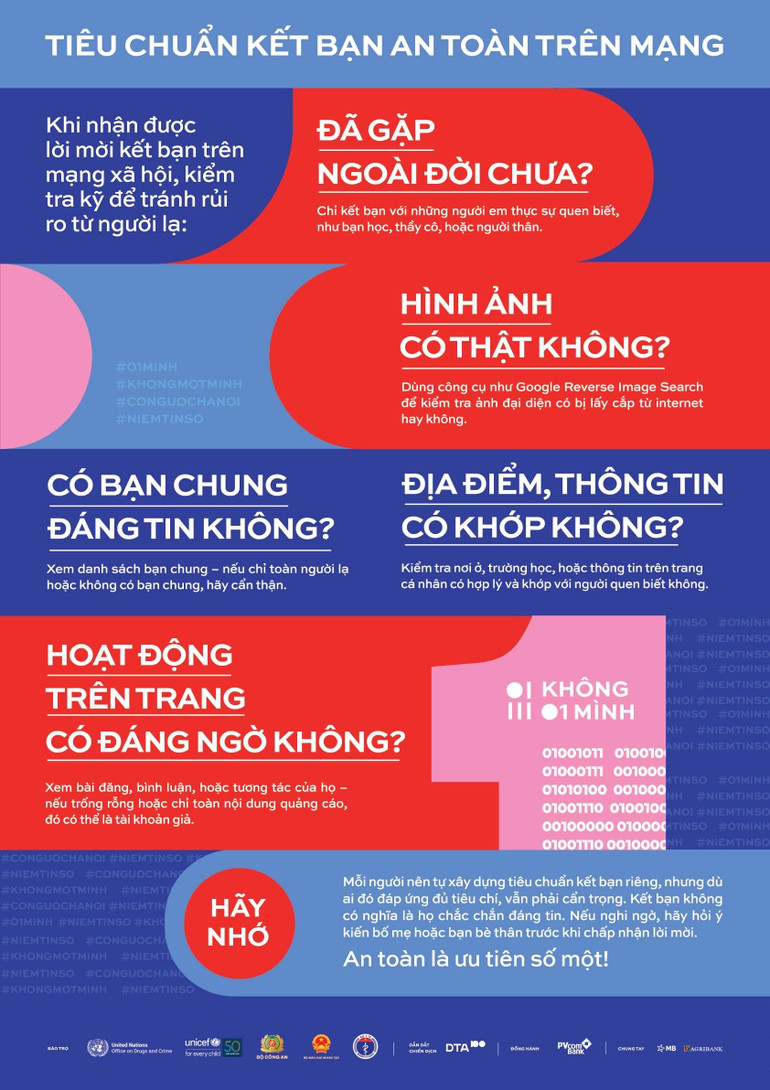

Source: https://nhandan.vn/tieu-chuan-ket-ban-va-nguyen-tac-giao-tiep-an-toan-tren-mang-post916872.html



![[Photo] Da Nang: Shock forces protect people's lives and property from natural disasters](https://vphoto.vietnam.vn/thumb/1200x675/vietnam/resource/IMAGE/2025/10/22/1761145662726_ndo_tr_z7144555003331-7912dd3d47479764c3df11043a705f22-3095-jpg.webp)
![[Photo] Award Ceremony of the Political Contest on Protecting the Party's Ideological Foundation](https://vphoto.vietnam.vn/thumb/1200x675/vietnam/resource/IMAGE/2025/10/22/1761151665557_giaia-jpg.webp)
![[Photo] General Secretary To Lam and his wife begin their official visit to Bulgaria](https://vphoto.vietnam.vn/thumb/1200x675/vietnam/resource/IMAGE/2025/10/23/1761174468226_tbtpn5-jpg.webp)
![[Photo] Prime Minister Pham Minh Chinh chairs meeting on nuclear power plant construction](https://vphoto.vietnam.vn/thumb/1200x675/vietnam/resource/IMAGE/2025/10/22/1761137852450_dsc-9299-jpg.webp)
![[Photo] Comrade Nguyen Duy Ngoc visited and worked at SITRA Innovation Fund and ICEYE Space Technology Company](https://vphoto.vietnam.vn/thumb/1200x675/vietnam/resource/IMAGE/2025/10/23/1761174470916_dcngoc1-jpg.webp)




![[INFOGRAPHIC] The impressive career of Japanese Prime Minister Sanae Takaichi](https://vphoto.vietnam.vn/thumb/402x226/vietnam/resource/IMAGE/2025/10/22/1761134856370_info-tanthutuong-nhatban-anh-thumb-jpg.webp)









![[Photo] Award Ceremony of the Political Contest on Protecting the Party's Ideological Foundation](https://vphoto.vietnam.vn/thumb/402x226/vietnam/resource/IMAGE/2025/10/22/1761151665557_giaia-jpg.webp)

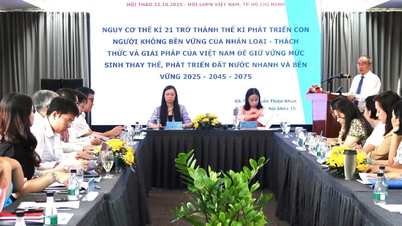
![[Photo] Da Nang: Shock forces protect people's lives and property from natural disasters](https://vphoto.vietnam.vn/thumb/402x226/vietnam/resource/IMAGE/2025/10/22/1761145662726_ndo_tr_z7144555003331-7912dd3d47479764c3df11043a705f22-3095-jpg.webp)















































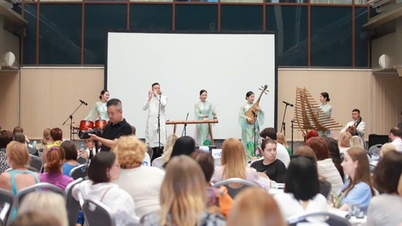





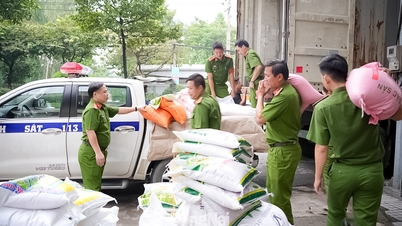





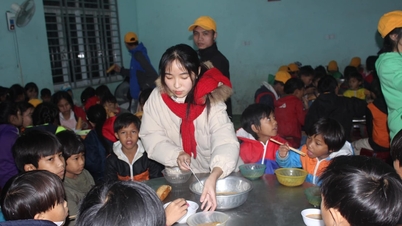

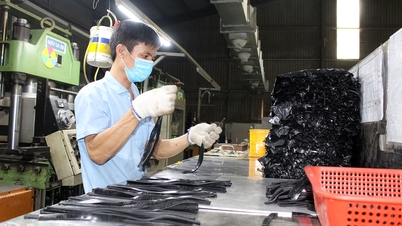
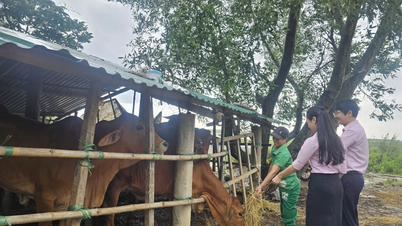















Comment (0)